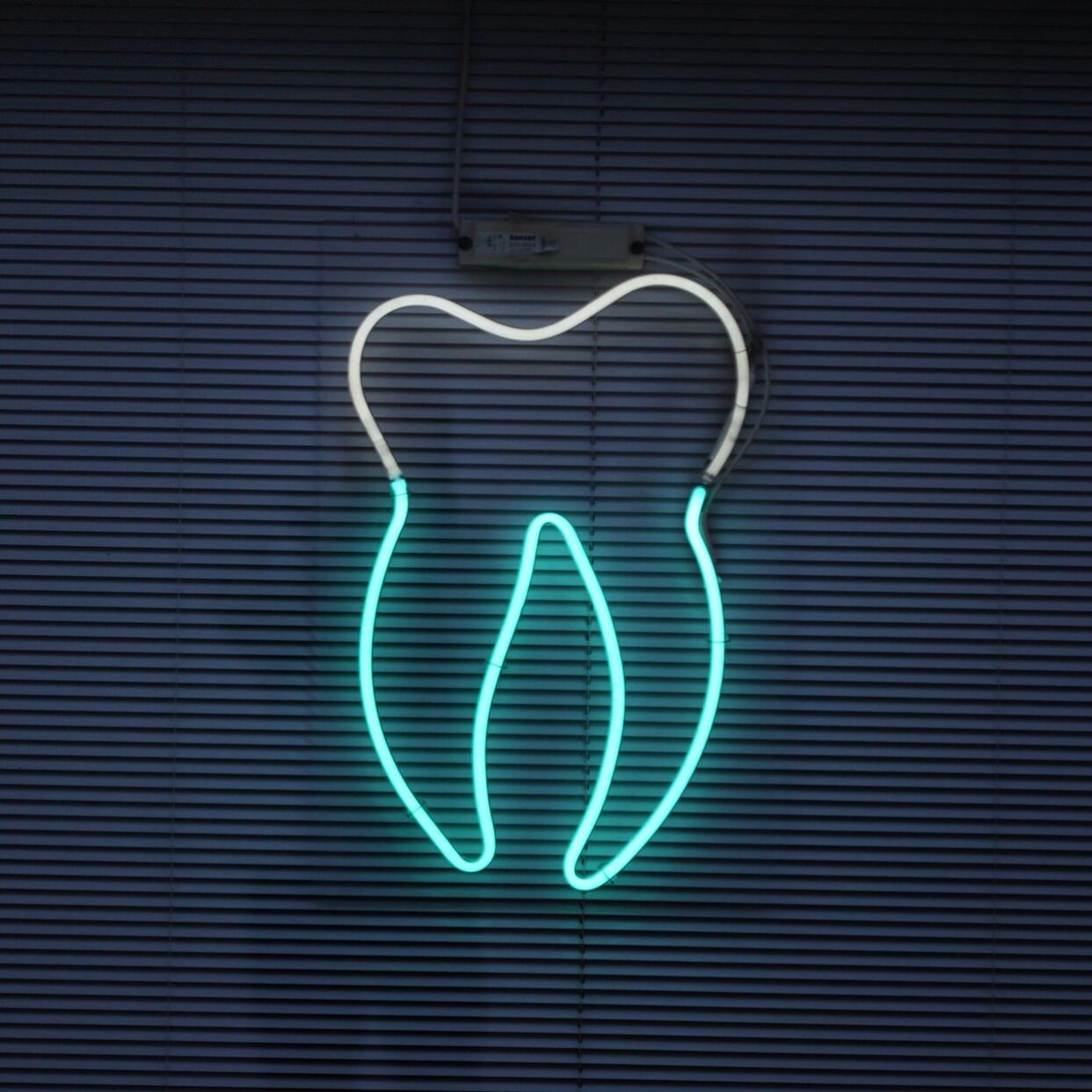What Is a Deep Teeth Cleaning Dental Procedure?

Piergiovanni Bielli/EyeEm/Getty Images
Depending on your view of going to the dentist, the thought of someone deep cleaning your teeth might sound incredible or terrifying. In any case, it's probably a little different than what you're picturing.
If you're booked for an appointment or just curious what exactly a deep teeth cleaning entails, here's everything you want to know. (Related: Why You Should Remineralize Your Teeth—and Exactly How to Do It, According to Dentists)
What does 'deep teeth cleaning' refer to, exactly?
Simply put, a deep cleaning is when a dentist probes deeper into your gums than during a regular cleaning in order to remove buildup of tartar (sometimes called calculus) that's below the gumline. (Everyone gets a bacteria-heavy film called plaque that forms on your teeth. Plaque that isn't adequately removed can harden into tartar, which can lead to cavities or gum disease.)
Don't think of it as spring cleaning your house or, say, addressing scalp buildup with an ACV rinse every month. Dental deep cleaning isn't something that everyone will benefit from getting semi-regularly. It's only meant for people who have periodontal disease.
ICYDK, periodontal (gum) disease is caused by a buildup of tartar and ranges from mild gum inflammation called gingivitis to periodontitis, which is when "pockets" or gaps are formed by gum recession.
Even if you have periodontal disease, you won't need a deep cleaning if you haven't progressed to periodontitis, says Matt Nejad, D.D.S., a dentist based in Beverly Hills. "Deep cleaning is only necessary if things have gotten to a certain level of bad, which means you've built up tartar deep under the gums and the pockets around the gums have gotten deeper," he says. "That's when you need deep cleaning because regular cleaning is designed to clean everything above the gums and slightly, slightly below." (Related: The Best Electric Toothbrushes, According to Dentists and Dental Hygienists)
How do dentists deep clean your teeth?
So, you're in for a deep cleaning and you're wondering what exactly to expect. First off, your dentist will numb the area, since it'd otherwise be painful. From there, they'll start scaling or scraping off tartar or calculus from above and below the gumline. Then they'll perform root planing, smoothing out rough spots on the tooth root where bacteria can gather, which helps your gums reattach to your teeth. "You want to leave the tooth as clean as possible so that the gums can heal," explains Nejad. Gums will never heal around tartar, bacteria, or a rough surface.
It's essentially a more intense version of a regular teeth cleaning. "We're using the same instruments. says Nejad. "There are a few special shapes that help reach these areas, but it's similar to a regular cleaning." In the grand scheme of dental procedures, it's not too big of a deal. "You might feel pressure, but it's not a sharp pain, and even the healing is rather uneventful for most people," he says.
Since deep cleaning teeth is more time consuming than regular cleaning, you can expect multiple sessions that last over an hour. A lot of people will get half their mouth done in one session and half in another, but in more advanced cases, a dentist might do 1/4 of the mouth per session, says Nejad. (Related: The Best Teeth Whitening Kit for a Brighter, Whiter Smile)
Can you deep clean your teeth at home?
Step away from the drugstore dental tool kit. "You don't want to just take instruments and jab down there," warns Nejad. "Disrupting your body's own biology and normal process can lead to problems."
Of course, you can take steps at home to prevent the need for a deep teeth cleaning in the first place. Brushing and flossing daily and regular dentist visits are all key to preventing plaque buildup. If you're already doing those and want to go above and beyond, rinsing your mouth with water after you eat, incorporating a Water Pik into your routine, and/or chewing gum with xylitol can all be beneficial, says Nejad. (And you can follow these steps to "detox" your mouth.)
Long story short, a teeth deep cleaning is an option when a regular cleaning won't suffice. If you've developed advanced gum disease, the treatment might help you out. Otherwise, stick to the basics.
